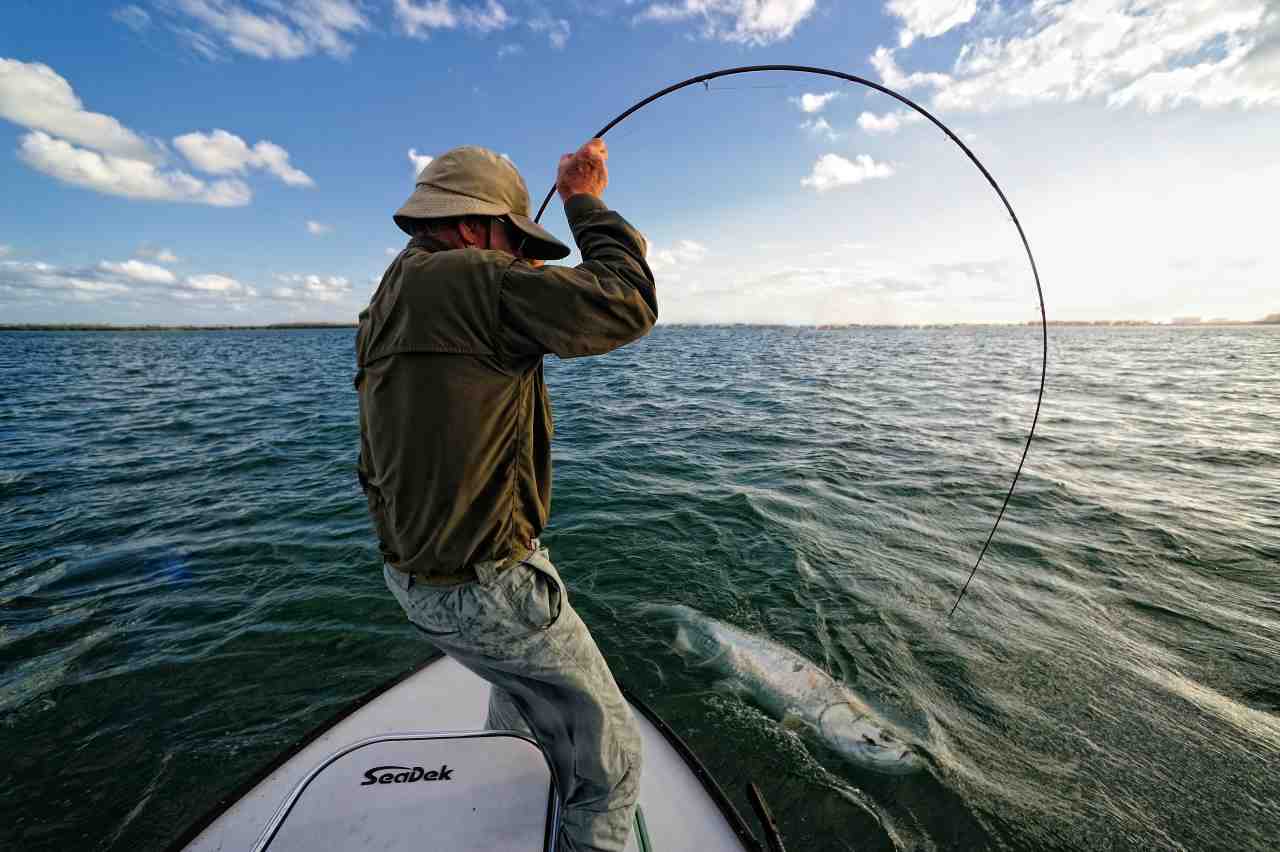The rod or the fish: the real psychological divide between the two political parties and those who vote for them
Read Rachel Borg in The Malta Independent today:
Joseph Muscat may like to think he has produced economic surplus and triple A ratings but in truth he created moral bankruptcy and the least diverse society.
It is hard to see how the best years are still to come. The best years of what? The best years of Labour in government?
The biggest decline in democracy perhaps, making people secure in the knowledge that the system is alive and well and a phone-call will always come, even if only on the eve of an election.
“How can we help you? Sign here please.” “We promise to uphold the party in the years to come.”
She’s right. Nothing has changed. People in Malta, and the political parties they choose, are still divided on the lines of those who want to keep their freedom and a rod to fish with, and those who want fish in exchange for their vote.
The only thing that has changed, with Maltese people having become far more socially mobile because of 25 years of Nationalist government policies in education, economic diversification, the fulfilment of individual potential, and European Union membership, is the nature of the fish that people now want.
But still Malta is divided psychologically between those who take it for granted that in life you make it on your own using your initiative and skills – and these are generally the ones who strike out in other lands and make it there, far away from the culture of dependency – and those who build success through hand-outs of all kinds (permits, contracts, jobs, land) from government contacts of all sorts, but who would not survive in a truly meritocratic society beyond these shores, or rather, who are unwilling even to try.
The big shifts we have seen in vote-patterns over the last few years, I think, reflect this. As people move away from habitual party support and begin to choose who to vote for on the basis of which party best reflects their personal ideology instead – the fish or the rod – we have seen big movements of people away from the rod and towards the fish.
In 2013 I saw large numbers of my friends, acquaintances and extended network of colleagues shift away from the Nationalist Party, which they thought had come to represent the source of fish, and towards the Labour Party, which with its battle-cry of meritocracy and Malta for all began to stand for the rod in their minds.
No, I said at the time, by ‘Malta Taghna Lkoll’, what they mean is that more fish should be handed out to more people and that they want their turn at taking fish and handing them out.
Many of those people have now switched back to the Nationalist Party, having seen that this was true and not liking it one bit. They are not inconsistent. On the contrary, they are consistent in their search of a political party that believes, as they do, that hand-outs of fish are a recipe for degeneration and people should be encouraged to take up a rod and use it.
But there has been a parallel shift of people who supported the Nationalist Party out of habit or tradition, but who have been agitating all along for fish and simmering with resentment because they were not given fish or because their neighbour got fish and they did not. Having seen that the Labour Party in government practises the distribution of fish and doesn’t nag them about the economic and moral virtue of using a rod, they have shifted their support to Labour. Again, these people are not inconsistent.
They are entirely consistent with their belief in the distribution of baskets of fish and their ‘blocking’ of any suggestion that they use one of the many rods at their disposal in 21st-century Malta in the European Union.
Life is about the survival of the fittest. In a small community in which power is centred on a few individuals, checks and balances are eroded and there is an age-old social culture of currying favour with the hakem (ruler) to survive or get by, the survival of the fittest is perverted into the survival of the least fit by successfully petitioning the royal court of the current hakem.
This cannot occur in larger, fully-functional democracies, where the survival of the fittest means that those who are most able and determined, and who have the most initiative, get somewhere in life without becoming petitioners at the ruler’s table.
In a situation where hand-outs of fish militate against the use of the rod, the inevitable happens: the best people pack up their rods and leave, while leaving the fish-beggars to it, and Maltese society and culture are weakened further.

